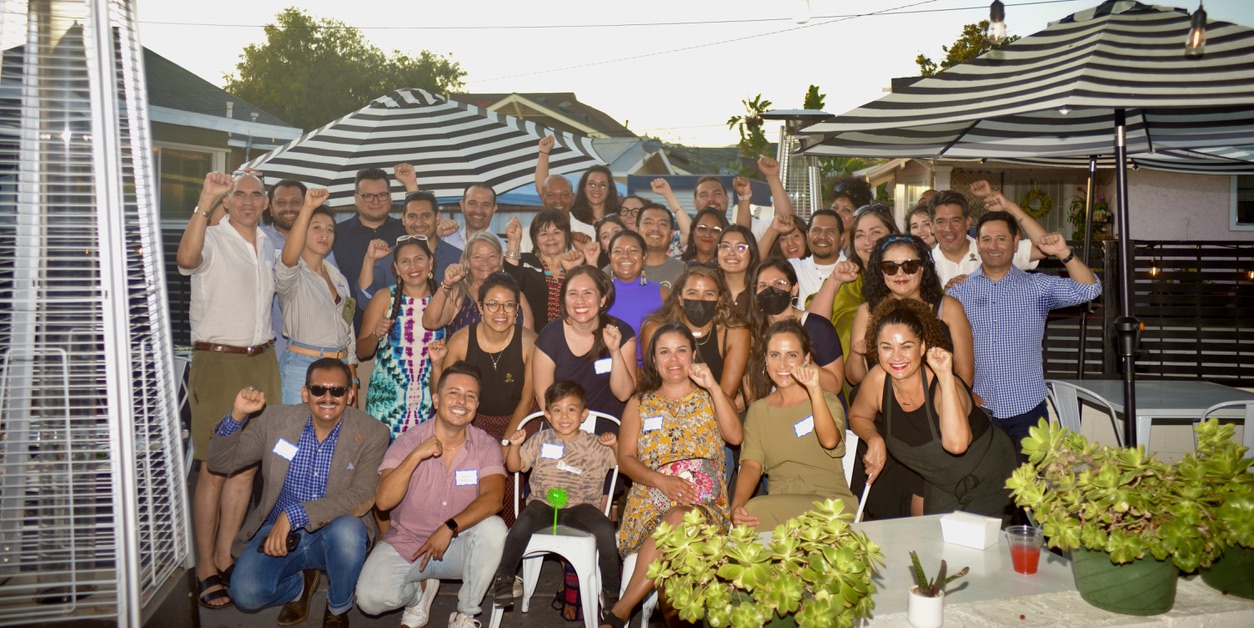“Forever Toxic Chemicals” In Our Water: PFAS Overview and Response
Our water is sacred, it sustains us and all living organisms in our planet, we could not be without water. Yet our water that is needed for our livelihood, physical health and mental wellbeing continues to be under threat.
Per- and polyfluoroalkyl substances, known as PFAS, are a family of over 5,000 human-made chemicals used in items from toys and personal care products to firefighting foam and food packaging. PFAS are indestructible and are often referred to as “forever chemicals” because of their difficulty to break down.
They are often used for their capability to repel oil and water. But because of their indestructibility, they are harming us in alarming ways. It’s estimated that 97% of Americans have PFAS in their blood. Even at extremely low levels, PFAS can be harmful and have been linked to kidney cancer, testicular cancer, liver damage, impaired fetal development, and reduced effectiveness to vaccines. PFAS have been used since the 1950s,so as you can imagine, they’ve been accumulating in our bodies and in our environment for decades.
The Guardian recently came out with a report stating that more than 25 million people drink from the worst U.S. water systems. Alarmingly, water systems in Latinx, low-wealth, and rural communities are the most impacted. Drinking water contamination is twice the national rate in counties where Latinx communities make up 25 percent or more of the population. 1.6 million people of color live within 5 miles of a site that is contaminated by PFAS- these are often Industrial or military sites. Today, PFAS compounds are contaminating our waterways and creating public health hazards. For much of the past decade, oil companies engaged in drilling and fracking have been allowed to pump into the ground chemicals that, over time, can break down into PFAS. The EPA approved the use of these chemicals despite the agency’s own grave concerns about their toxicity. PFAS have been used in fracking operations in 1200 wells in half a dozen states.
Recently, GreenLatinos, Earthjustice and SELC came together to host a PFAS townhall and shed light into the issue of PFAS in our water. We had a panel of lawmakers, scientists, community advocates, lawyers, and legislative counsel to give a holistic view of what is happening and how we can act on protecting ourselves, our families, and our communities from these harmful toxins. We also put together a response toolkit in both english y español. One thing was clear- these chemicals are already in our water systems; they are already harming our communities and families and there needs to be action on the federal level.
To date, there are no enforceable federal regulations for PFAS under the Safe Drinking Water Act. Moreover, the EPA has not enforced existing protections under the Clean Water Act. This means that EPA has been acting on PFAS quite slowly and currently there are over one thousand PFAS active in commerce and we are not seeing them go away. With this in mind, we should not be regulating PFAS, chemical-by-chemical or in subgroups: we need a class-based approach to effectively tackle the thousands of PFAS that are polluting our environment. EPA has enough toxicity data to regulate PFAS as a class.
Even if EPA moved to regulate PFAS as a class today- it would take several years to implement. Luckily there are efforts moving in several states, like Maine, and in Congress to ban the use of PFAS in products.
The Clean Water Standards for PFAS Act of 2021 is one of the bills moving in Congress to address PFAS. The bill will:
-
support the public water system’s capacity to implement technology based effluent limits- ensuring water remains affordable and safe to drink for everyone.
-
This bill will strengthen the Clean Water Act’s pretreatment program which will have a significant impact on reducing PFAS into wastewater streams by targeting upstream industries that indirectly discharge to public water systems.
-
These industries include organic chemicals, plastics,and synthetic fibers, textile mills, metal finishing, leather tanning and finishing, plastics molding and forming and much more.
We need every member of congress to support the Clean Water Standards for PFAS Act of 2021 and work to tackle America’s drinking water crisis. To build an equitable clean water future, we must protect the health of all residents by strengthening the Clean Water Act and removing these toxic chemicals from our tap water.




